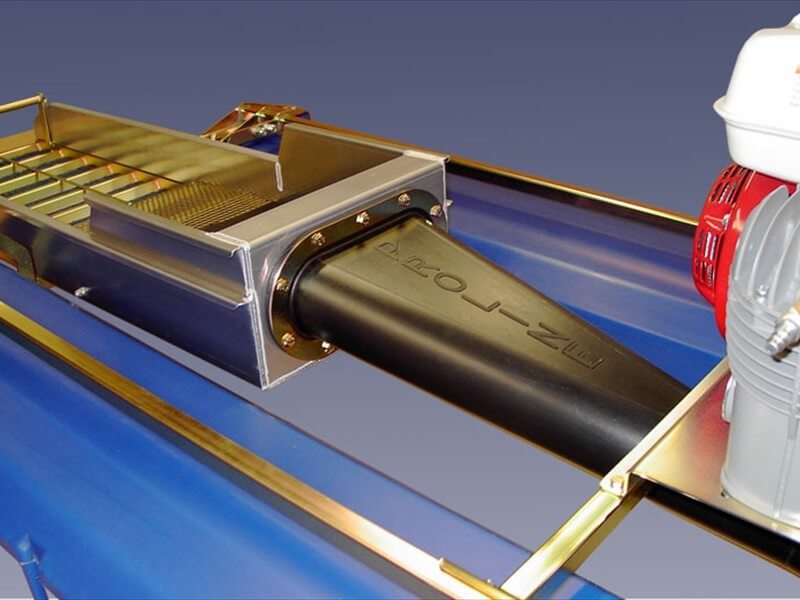
The Portuguese government is preparing to offer licences for lithium mining to international companies in a bid to exploit its “white oil” reserves.

Lithium deposits have been discovered in Austria, Serbia and Finland, but it is in Portugal that Europe’s largest lithium hopes lie. Other principal suppliers, such as Chile (23%), China (10%) and Argentina (8%), are equally far-flung. More than half (55%) of global lithium production last year originated in just one country: Australia. At present, almost every ounce of battery-grade lithium is imported. (They are also used in smartphones and laptops.) But Europe has a problem. Lithium-ion batteries are used to power electric cars, as well as to store grid-scale electricity. Lithium is key to this energy transition. It is predicted that there will be 40m electric cars in Europe by 2030. After less than 12 months on the company’s books, Cassote had made what he would usually earn in five or six years on the farm. Cassote got in touch with Savannah’s local office, and the mining firm duly contracted him to supply water to their test drilling site. Initial calculations indicated that they could contain more than 280,000 tonnes of lithium, a silver-white alkali metal – enough for 10 years’ production. The exploration team of the UK-based mining company Savannah Resources had spent months poring over geological maps and surveys of the hills that ripple out from Cassote’s farm. He bought a John Deere tractor, an earthmover and a portable water-storage tank. So, in 2017, when he heard of a British company prospecting for lithium in the region of Trás-os-Montes, Cassote called his bank and asked for a €200,000 loan.

Of his close childhood friends, he was the only one who hadn’t gone overseas in search of work. Living off the land in his mountainous part of northern Portugal was a grind.

Even before the new mine became the main topic of village conversation, João Cassote, a 44-year-old livestock farmer, was thinking about making a change.


 0 kommentar(er)
0 kommentar(er)
